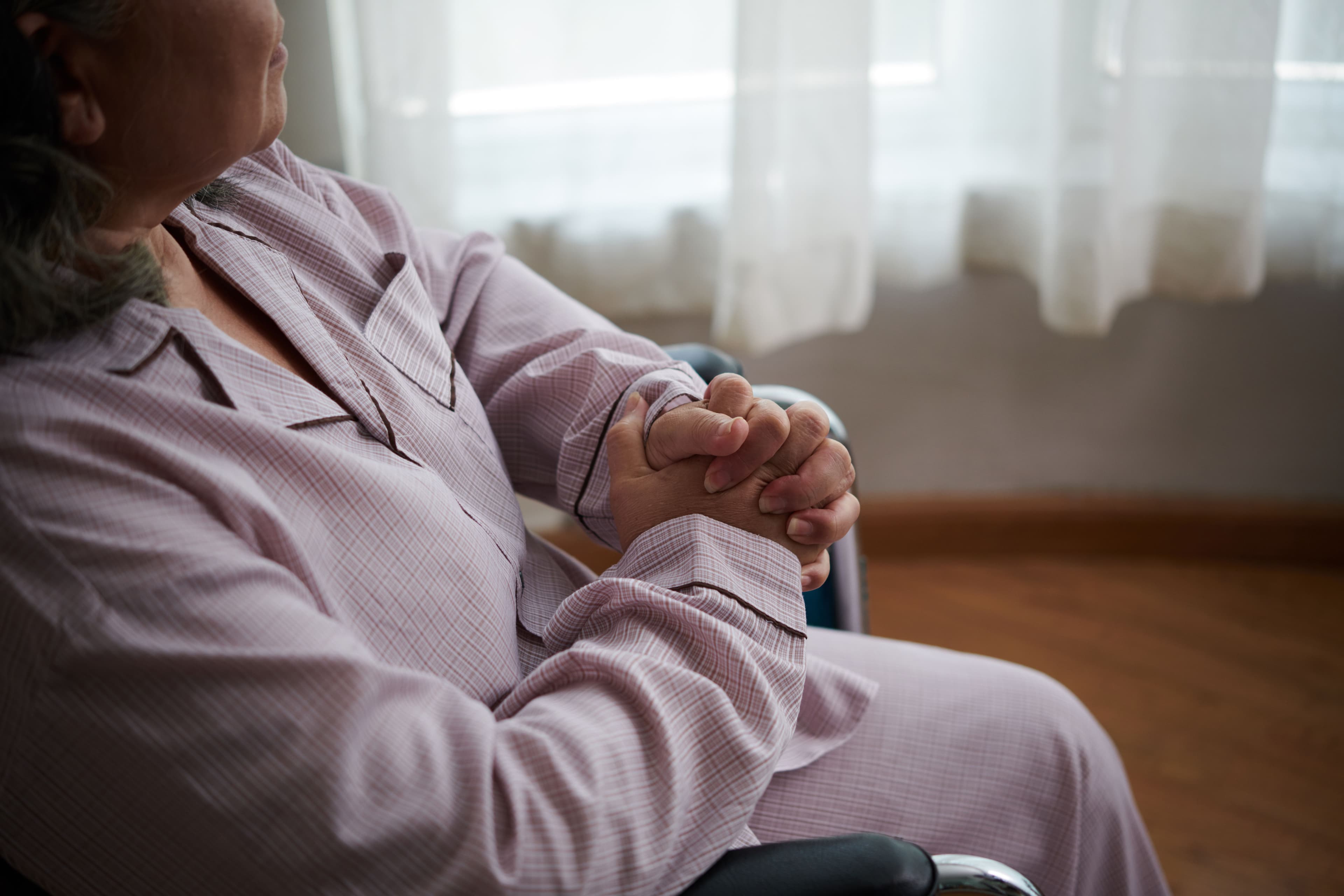10/15/25
6 min
What Is Nursing Home Negligence? Definition & Warning Signs


Entering oneself or a loved one into the care of a nursing home or other care facility can be a difficult decision. Though these facilities offer a valuable and sometimes even necessary service, there can be a great deal of uncertainty around the standard of care you or your loved one will receive. Some nursing homes provide excellent attention to residents, helping them stay healthy, engaged, and active in community with others at the facility. However, all too commonly, families find themselves facing nursing home negligence.
But what exactly is negligence in a nursing home? How can you spot it early? And if you suspect nursing home negligence, what can you do about it? Find quick answers to these questions below, or get in touch with a lawyer 24/7 to discuss your case in detail.
Nursing home negligence is a failure on the part of a nursing home or elder care facility to properly look after residents, falling short of their legal responsibility to keep them safe and healthy.
In a legal sense, negligence is one of a few different types of torts, or harmful actions. Under tort law, negligence occurs when:
To get a better idea of what nursing home negligence can look like, let’s discuss a few common examples of how it can occur.
Any of these scenarios, along with many more, can lead to unsafe conditions constituting nursing home negligence.
If you are worried that your loved one is experiencing or has experienced nursing home negligence, it is important to trust your instincts. It may be a difficult notion to accept, but unfortunately, the possibility is all too real. Don’t panic, and don’t blame yourself. Instead, look for the following signs:
If you notice that your loved one has been developing unexplained injuries since entering into care at a nursing facility, it could be a sign of abuse or neglect. Look out for the following injuries especially:
Not all injuries necessarily point to nursing home negligence, but if you aren’t able to explain the presence of an injury, and especially if there are multiple injuries like this, then further investigation may be needed.
Ask the nursing home staff for explanations about how the injuries happened. If something feels off or their explanations don’t align with what you’re seeing, trust your instincts. In those cases, it’s worth reporting your concerns and pursuing a deeper investigation.
While minor changes in behavior are not necessarily a cause for alarm, especially when someone is adjusting to a new environment. However, some examples of abuse and neglect in nursing homes can cause significant changes in behavior. Watch out for the following changes:
One way nursing homes can neglect their duty of care to residents is by failing to provide them with proper nutrition. Dehydration and malnutrition can come with a variety of symptoms.
Signs of dehydration can include:
Signs of malnutrition can include:
Though these symptoms can have a variety of explanations by themselves, if you are noticing multiple of these signs appearing or increasing since your loved one began their stay at a nursing home, it could indicate negligence on the part of the facility.
Lastly, signs of uncleanliness in the environment or lack of hygienic care for your loved one can also be an example of neglect or abuse in a nursing home. Maintaining cleanliness—both for your loved one and for the environment they are staying in—is an important part of their care. Failing to meet this standard can come with a variety of health implications.
If you suspect nursing home negligence, don’t hesitate to act quickly. We recommend you start by documenting the issues you’ve observed, with photographs of the harm if possible. You may first want to discuss your concerns with the facility directly. If you are fortunate, you may be able to come to an understanding, and they may be able to implement a fast solution to amend the issue and prevent future occurrences.
However, if the facility isn’t cooperating, or won’t address the issue in a way that satisfies your concerns, you may need to escalate. You can report suspected nursing home negligence to your local Adult Protective Services agency, or, if you suspect that a crime has occurred, local law enforcement. Reporting is deeply important to ensure that the relevant authorities are able to investigate the details of the situation more fully.
If you or your loved one have suffered losses due to nursing home negligence, you may be entitled to compensation. There are a variety of different types of injury compensation which may apply to your situation, and which can help you to rebuild after facing a nursing home negligence case. Reach out to a personal injury lawyer as soon as possible to discuss the facts of your case and get advice on suing a nursing home for negligence.